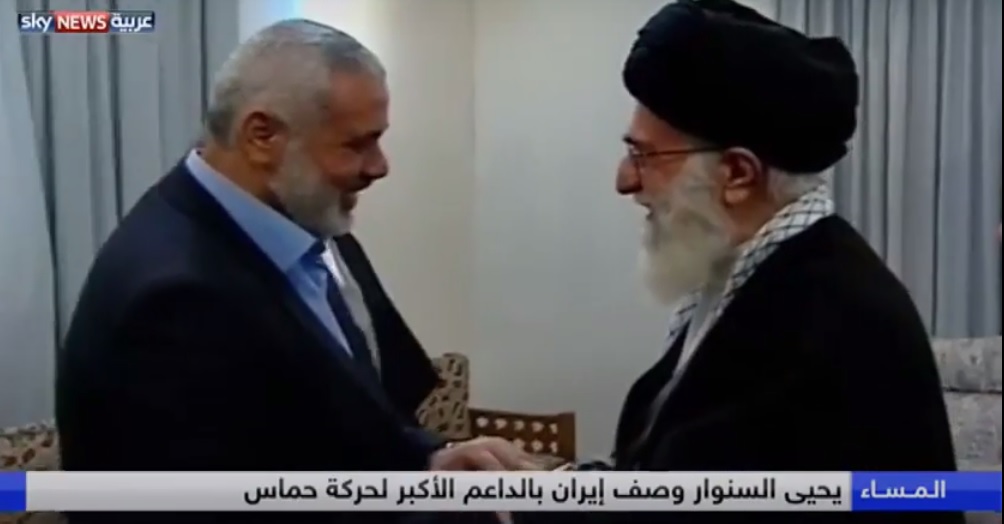The huge demonstrations in Israel following the enactment of the first law of the legal reform encourage Israel’s enemies, especially Iran.
They believe that Israel is sinking into security chaos and is approaching a civil war or a “tribal war” as they call it to emphasize the fact that Israel is divided.
The Arab media deal extensively with this issue and emphasize that in contrast to the severe internal disputes in Israel, the PA and Hamas are making efforts to reach a national reconciliation to unite against Israel, on the 30th of the month the representatives of the Palestinian factions will gather in Cairo to discuss the issue.
Iran, which went through severe protests for a long period of time against the background of the attempt to enforce women to wear the Hijab, is very pleased with the developments inside Israel and launched psychological warfare against Israel to undermine its self-confidence.
An Iranian diplomat told the Reuters news agency on July 25th that the impact of the internal crisis in Israel was discussed at a meeting attended by senior officials from Iran and the Hamas movement.
According to him, a senior commander of the Iranian “Quds” force participated in a three-hour meeting last week, possibly General Ismail Ka’ani, two Iranian security officials and senior Hamas officials.
Iranian officials claimed that there was an agreement at the meeting that the crisis had already weakened Israel and therefore Iran and its allies should avoid “direct intervention” in the situation in Israel in order to let Prime Minister Netanyahu sink into the security chaos and not allow him to shift the blame towards Israel’s enemies from outside.
Hamas officials refused to confirm or deny the news published by the Reuters news agency, but the very fact that Iran initiated this publication indicates several possibilities.
- Iran and its allies are planning some kind of surprising military action against Israel, without their fingerprints, and they are preparing an alibi for themselves towards the international community so that the blame is not placed on them.
- Indeed, it is really about formulating a new strategy in relation to Israel, that is, allowing Israel to sink into the political, security and social quagmire that was created in it following the judicial reform and patiently wait for the right moment from Iran’s point of view to reap the rewards.
- Fear that the right-wing government in Israel will initiate a surprise military action against Iran or Hezbollah in order to divert public opinion in Israel from the internal situation and to try and unify Israeli society through military action against its enemies.
Therefore, Iran is signaling that it is not looking for a military confrontation with Israel and if such a confrontation occurs, the blame will be placed on Israel.
As we recall, Hezbollah has been busy in recent weeks with a series of provocations on Lebanon’s border with Israel, encouraged by Iran, to try to undermine Israel’s security and the sense of security of the residents of the northern border.
The Organization’s Secretary General Hassan Nasrallah said in a speech he gave yesterday that “it used to be thought that Israel could not be defeated and that its army was invincible. This day specifically is the worst day in Israel’s history, it puts the country on a path to disappear.”
Hamas also claims that there is a great fear that the right-wing government will try to export its internal crisis to the Palestinian arena and initiate provocations on the border of the Gaza Strip or major military operations in the refugee camps in Judea and Samaria in order to divert attention from its internal problems.
The entire Middle East follows with great interest what is happening in Israel and within the IDF itself, which since the establishment of the State of Israel has been considered an army that cannot be defeated.
Israel’s intelligence system follows with great interest the developments in Iran, the Arab countries and the Palestinian arena, it conveys the picture of the situation to the political echelon, in the end it is the political echelon that determines the policy towards Iran and its allies.




